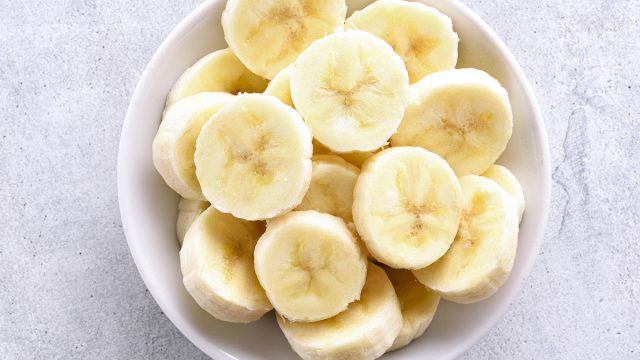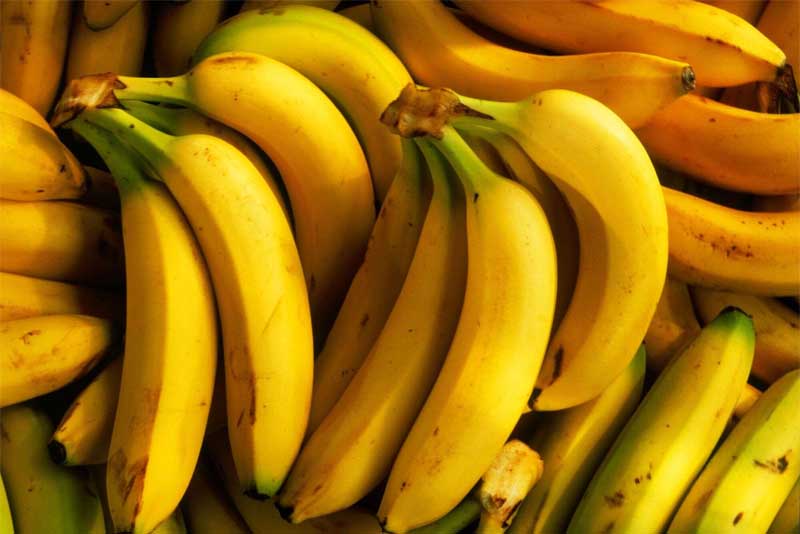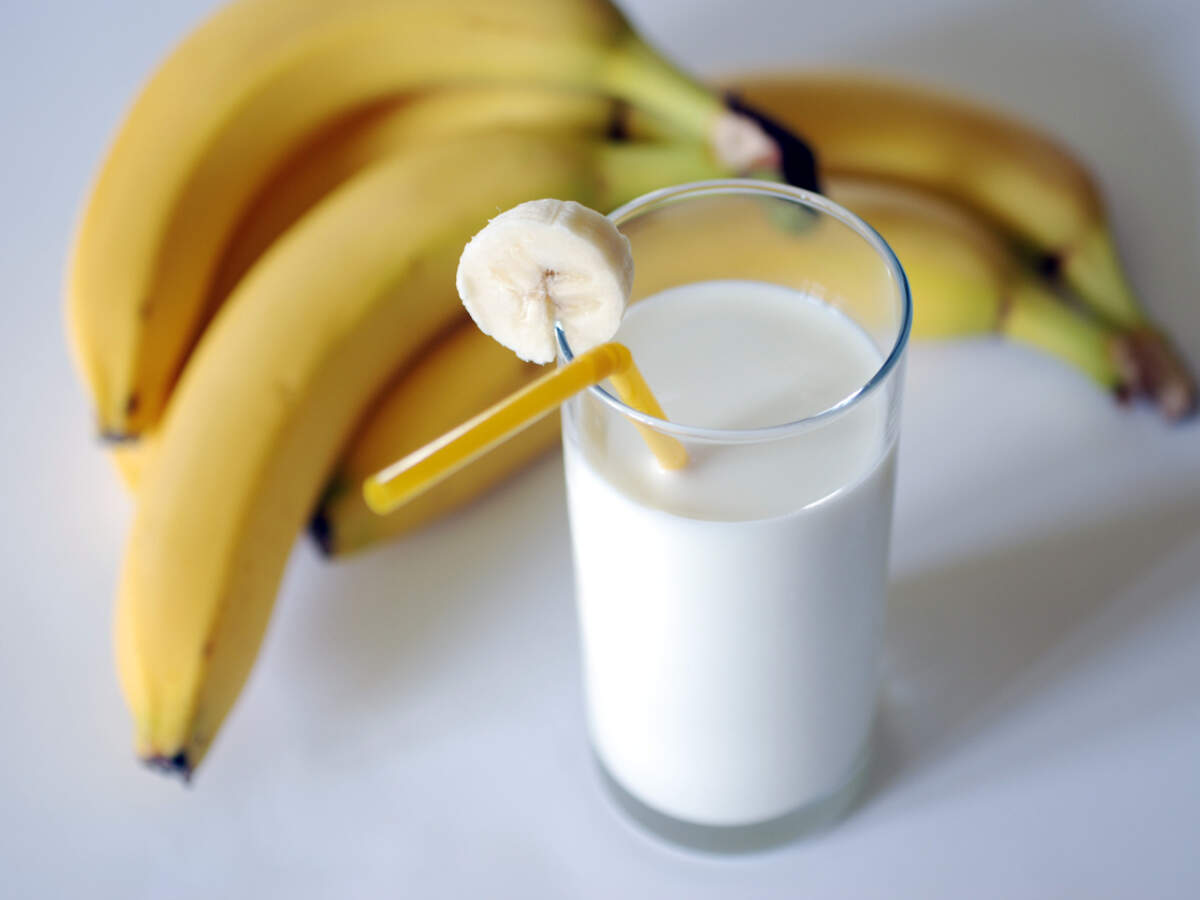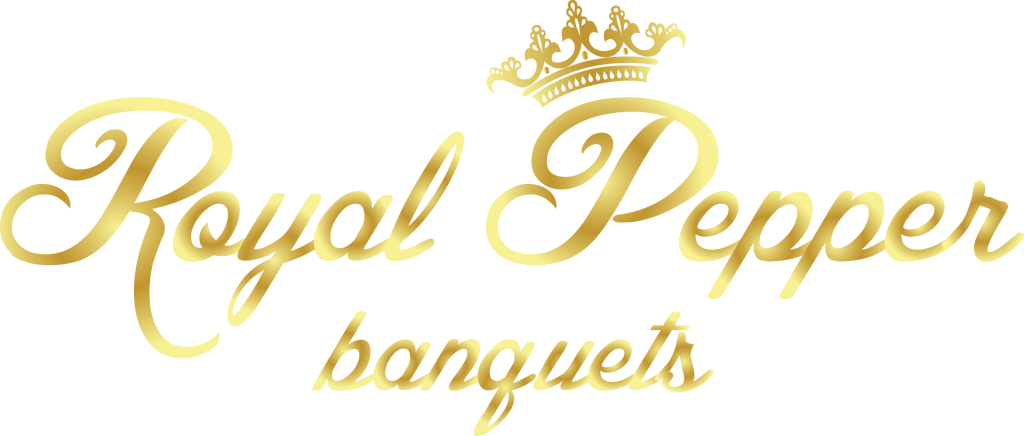Bananas have a different form and firm but creamy meat inside a thick and unpublished shell. While people think that bananas have a yellow skin, their color changes from green (under ripe) to yellow (mature) to brown (mature).
Bananas grow in groups of 50-150, with individual bananas grouped in clusters known as ‘hands’ of 10-20 at a time.
Nutritional benefits
An 80g serving (a small banana) provides:
65 Kcal / 278 KJ
1.0g Protein
0.1g Fat
16.2g Carbohydrate
1.1g Fibre
264mg Potassium
An 80g serving that’s one small banana counts as one of your five-a-day.
1. Supports gut health

Bananas have a calming effect in the intestine thanks to its high pectin content, a soluble fiber that not only helps reduce cholesterol but normalizes intestinal function. The high content of banana fiber helps promote feelings of fullness and it seems to reduce swelling.
The starch resistant in the bananas also has a prebiotic effect, helping to feed the intestinal bacteria so that both increase in number and produce beneficial compounds called short chain fatty acids.
2. May support heart health

Bananas are loaded with valuable micronutrients, especially potassium, which is one of the most important electrolytes of the body. Potassium helps regulate the function of the heart, as well as the balance of fluids, which is a key factor in managing blood pressure. The effectiveness of foods rich in potassium, such as bananas, by reducing blood pressure and protection against heart disease and stroke accidents, is well accepted and reinforced by considerable scientific evidence.
3. May help in the management of heartburn

Immature bananas help neutralize stomach acid and a compound of plants containing, leukocyanidine, seems to promote the thickness of the mucous membrane of the stomach. This means bananas, as long as they are under ripe, can be a dietary addition useful for those with stomach acidity.
4. Are an energy booster

Since they have a low water content, bananas typically have more calories as well as a higher sugar content compared to other fruits. They contain sugar in the form of sucrose, fructose and glucose in combination with fibre, this allows them to supply an instant yet sustained boost of energy. Being rich in potassium they support muscle contraction during exercise and may reduce the risk of cramping. As such bananas make a valuable inclusion both before and during a prolonged form of intensive exercise.
5. May support mood

Bananas contain tryptophan, an amino acid that the body becomes chemical serotonin from the sensation brain. This brain chemical is known to help relaxation, improve mood, reduce anxiety and, in general, it makes you feel happier. However, it is very difficult to raise the levels of tryptophan in the blood only through the diet, and although animal studies suggest a possible link between banana consumption and improvements in anxiety and depression, it is likely to have more to do with the antioxidant content of the banana instead of your contribution of tryptophan.





